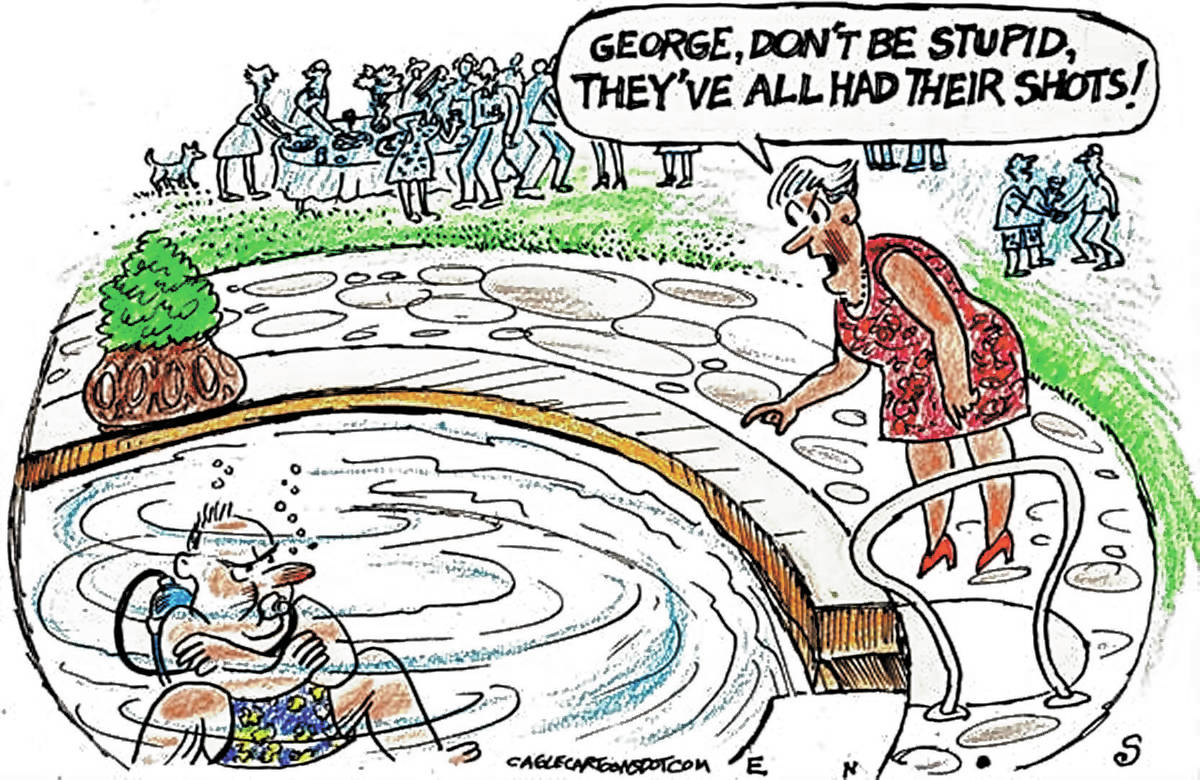

The Strategy makes a firm commitment to step up coordinated action to tackle hate speech, both at global and national levels, including the use of new technologies and engaging with social media to address online hate speech and promote positive narratives. The policy paper builds upon earlier initiatives, including The UN Strategy and Plan of Action on Hate Speech, which seeks to enhance the UN’s response to the global spread and impact of hate speech. Advancing community-based voices and formulating context-sensitive and knowledge-based policymaking and good practice to protect and empower vulnerable groups and populations to counter online hate speech.Strengthening multilateral and multi-stakeholder cooperation.Ensuring accountability, strengthen judicial mechanisms and enhance independent oversight mechanisms.

Promoting positive narratives to counter online hate speech, and foster user engagement and empowerment.Enhancing transparency of content moderation, content curation and regulation.The need to ensure respect for human rights and the rule of law when countering online hate speech, and apply these standards to content moderation, content curation and regulation.“We saw how the perpetrators in the incidents of identity-based violence used online hate to target, dehumanize and attack others, many of whom are already the most marginalized in society, including ethnic, religious, national or racial minorities, refugees and migrants, women and people with diverse sexual orientation, gender identity, gender expression, and sex characteristics,” said Ms. “We have seen across the world, and time, how social media has become a major vehicle in spreading hate speech at an unprecedented speed, threatening freedom of expression and a thriving public debate,” said Alice Wairimu Nderitu, Special Adviser to the UN Secretary-General on the Prevention of Genocide, who is the global focal point on the issue. The policy paper, Countering and Addressing Online Hate Speech: A Guide for Policy Makers and Practitioners, was developed jointly by the UN Office with the Economic and Social Research Council (ESRC) Human Rights, Big Data and Technology Project, at the UK’s University of Essex.


 0 kommentar(er)
0 kommentar(er)
